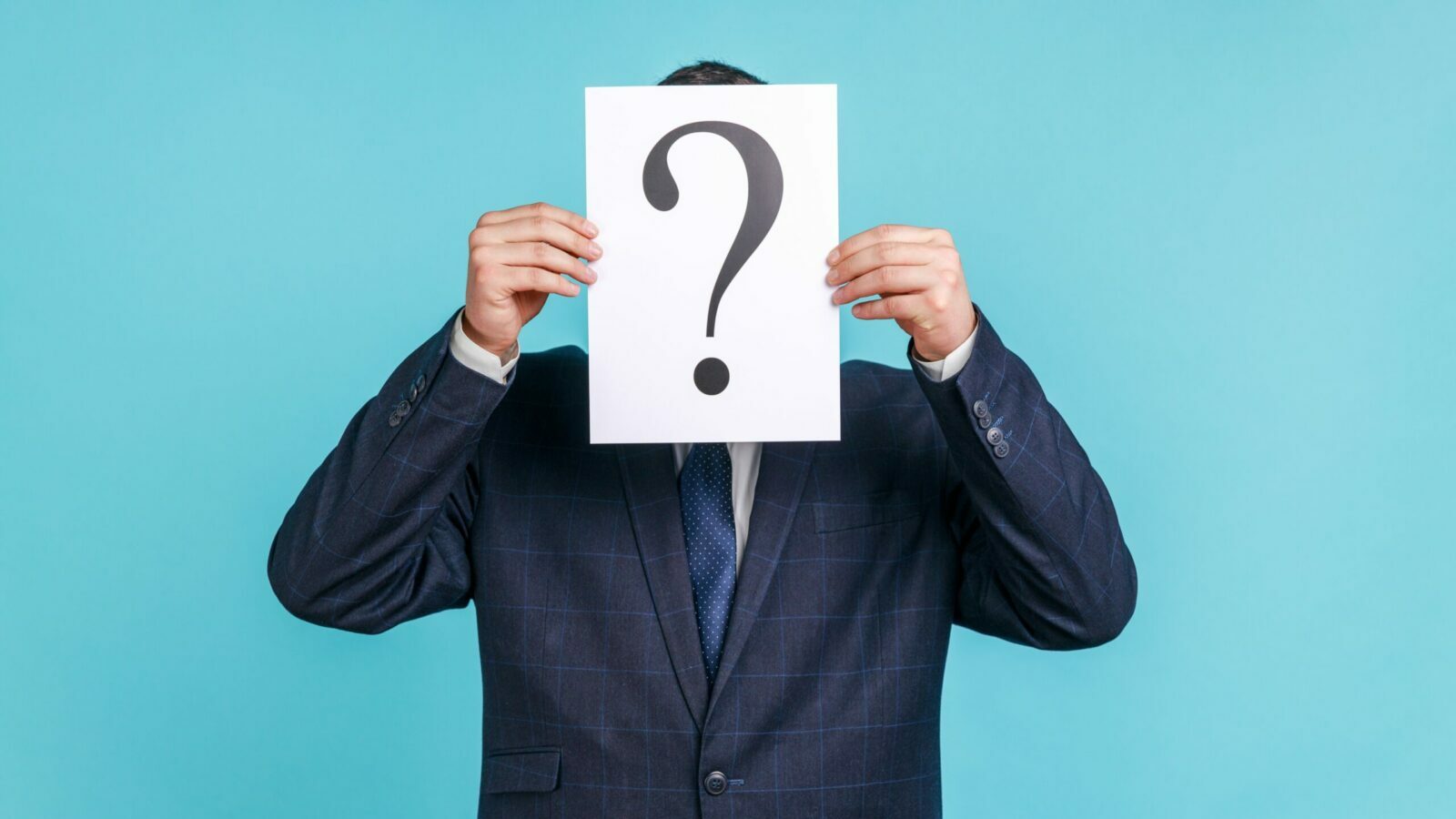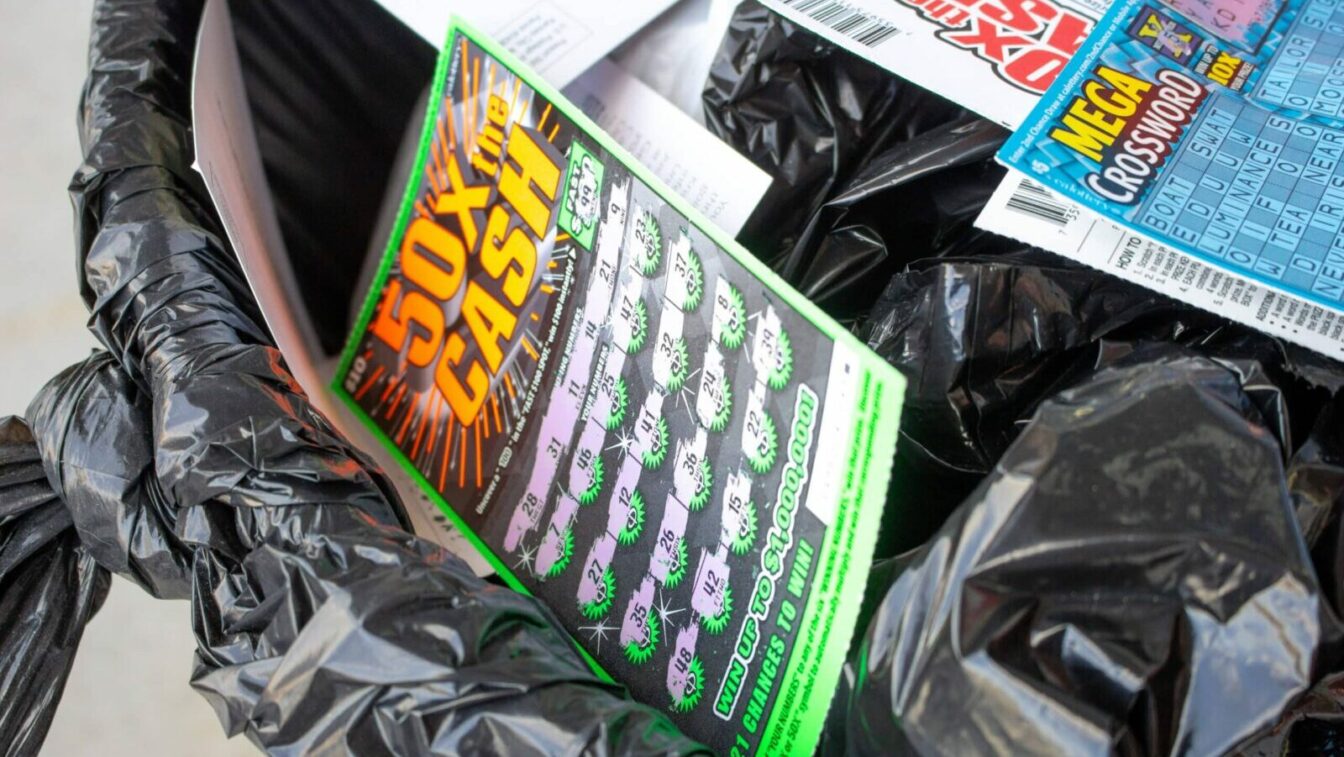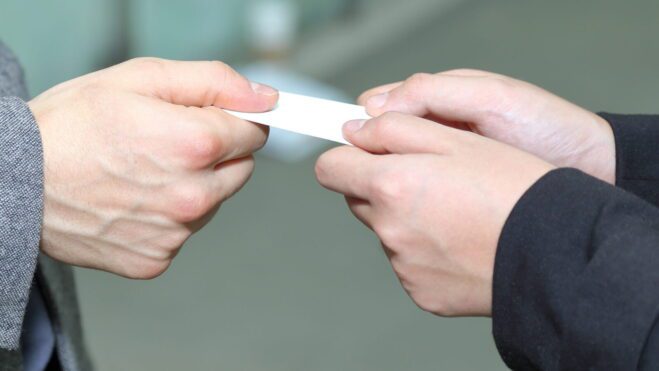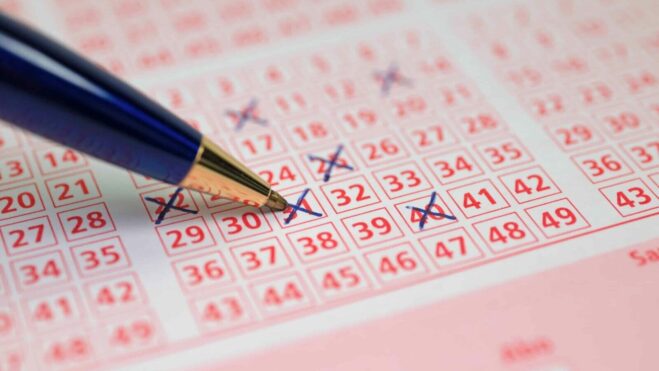Can You Keep A Multimillion-Dollar Secret?
It's often in a lottery winner's best interest to stay anonymous, but most states don't give you a choice in the matter
4 min

One of the more popular memes making its way around social media involves users posting photos of extravagant, over-the-top products they’d buy if they won the lottery, along with some version of the phrase (exact wording varies) “I wouldn’t tell anyone I won the lottery, but there would be signs.”
Nitpicking the accuracy of memes is a fruitless exercise, but keeping one’s identity a secret after winning the lottery is not always an option. In fact, odds are against it: Only 18 of the 45 state-run lotteries in the U.S. allow winners to remain anonymous.
Some states have stipulations; if you live in Texas or West Virginia, you can remain anonymous if your windfall amounts to $1 million or more. In Virginia, the threshold is $10 million. If you win more than $600 in North Carolina, you have to come clean. You have to win $10,000 or more in Minnesota to stay anonymous, and $250,000 in Illinois.
In Arizona, the name of anyone who wins $100,000 or more is kept confidential for 90 days, but the city and county they live in are not. If you win $250,000 or more in Florida, your request for anonymity is good for 90 days. After that your information is available to anyone who asks for it.
Why not allow anonymity?
States that require winners to be identified point to the marketing benefits associated with attaching a face, and sometimes a great story, to a winning set of numbers.
“In our case, we very much rely on winner awareness to prove to Pennsylvanians that everyday, regular Pennsylvanians are winning the lottery,” Drew Svitko, executive director of the Pennsylvania Lottery, said in April. “If we’re not able to do that, if winners are allowed to remain anonymous, most will.”
He’s right about that. More state lottery commissions are under pressure from consumers to allow winners to collect their spoils anonymously — including Pennsylvania, where, in September 2023, the state Senate passed a bill allowing lottery winners to remain anonymous. It has not been signed into law.
“I would stay anonymous [if I won the lottery], so rather than have companies and people contact me for money and donations and have to turn them down, I could just donate and help people and organizations of my own choosing,” said Mary Reilly, a practice manager at a veterinary hospital in New Jersey, a state in which lottery winners are not required to disclose their identity.
Svitko and other commissioners regard identifying lottery winners as proof that the lotteries are on the level. “Winner awareness proves that people are winning, and the less we can do that, the more people may start to distrust us,” Svitko said. “I think winner anonymity will hurt lotteries in the long term.”
There will always be some who believe lotteries are rigged, but the theory that fewer consumers will play the lottery because they connect winner anonymity to corruption seems a curious one. There is no evidence to suggest that Pennsylvania, which ranked ninth in the nation in lottery sales in 2023, would rank lower if its winners remained anonymous.
Many of the conspiracy theorists who believe lotteries are rigged will continue to believe it regardless of evidence to the contrary, and for as long as their numbers fail to hit. All state lottery commissions are audited by the State Controller’s office, the Inspector General’s office, or an executive audit agency charged with making sure lottery results are on the level.
Everyone wants a piece
Everyone knows that the worst thing you can do if you suddenly come in to a lot of money — be it through an inheritance, a business venture, or a lottery jackpot — is to let everyone know. Relatives will appear that you never knew existed. Friends of friends of friends will ask to borrow money. Your phone will never stop ringing.
While announcing one’s newfound wealth to the world may be emotionally gratifying in the short term, remaining anonymous is preferable even from a financial-planning perspective, said Cody Demmel, a financial adviser with Morton Brown Family Wealth, an investment company headquartered in Pennsylvania.
“If I had the choice, I wouldn’t [share that I had won the lottery],” Demmel said. “You’re obviously going to get inundated with requests from people that you may know who need financial help, you’re going to get cold calls from a whole bunch of financial advisers trying to sell you different products. As long as you feel good about your situation and engage with your fiduciaries and work with a CFP, that would be the best step.”
You’re also a target for identify theft and other internet cons, Demmel said.
“There’s a decent chance that going public will open you up to scams, with people calling you up and saying, ‘Oh I need money,’ and acting like your family members, or trying to get your address and personal information so they can open accounts in your name,” he said.
A dark turn
That’s not even the worst of it.
In 2006, Abraham Shakespeare won $30 million in the Florida Lottery and four years later was found buried under a slab of concrete in his girlfriend’s backyard. Jeffrey Dampier was murdered after winning $20 million in the Illinois Lottery in 1996. After winning the $2 billion Powerball drawing in November 2022, Edwin Castro hired three around-the-clock bodyguards to protect him and his family.
Some attorneys have gotten around the mandatory disclosure requirements by having their clients set up a trust before claiming their winnings, and then signing the claimant form with the name of the trust rather than their own.
This strategy worked for a woman who won $560 million in the Powerball in New Hampshire and didn’t find out about the trust option until after she had signed the commission forms with her own name. She sued the commission under the name “Jane Doe” and won the right to keep her identity private.
In his ruling in the woman’s favor, judge Charles Temple wrote that he had “no doubts whatsoever that should Ms. Doe’s identity be revealed, she will be subject to an alarming amount of harassment, solicitation, and other unwanted communications.”
To see if your state allows lottery winners to remain anonymous, click here.





